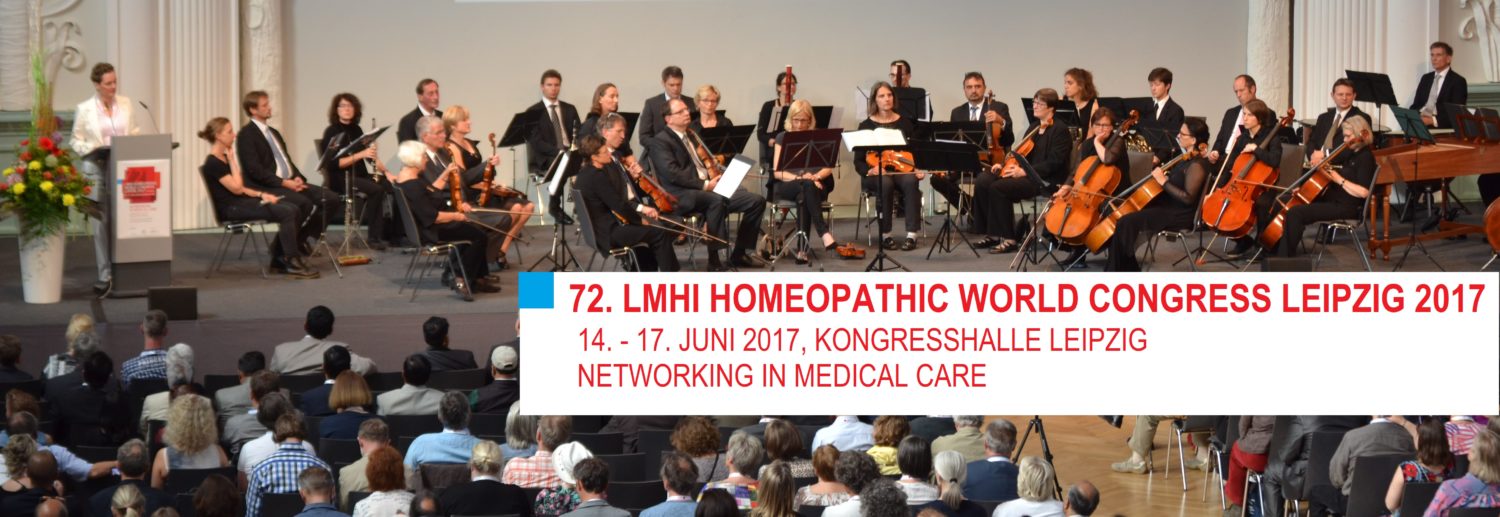If somebody became sick prior to the age of modern scientific medicine, he or she had a remarkable choice among various health providers. At that time the medical market was not yet dominated by licensed healers. A slight tendency towards monopolization did, however, exist, sometimes encouraged by the authorities. But this is consistent with the fact that in Germany, for example, the freedom of medical practice (“Kurierfreiheit”) was guaranteed by law from the 1870 s to the early 20th century.
When at the end of the 18th century Samuel Hahnemann propagated his new art of healing which later was called Homeopathy, he caused a breach in the medical profession which still can be felt today. It is homeopathy and not another CAM-therapy, which is a litmus test for medical pluralism. Homeopathy is not the only challenge to the ultimate authority of biomedicine. The so called Integrative Medicine could lead into a blind alley, if the world’s view which is based in many of these therapies becomes less important, and only special techniques (medication, using needles or hand movements) are applied, always seeking for certain levels of evidence. The attitude of the State towards traditional therapies will depend in the future, to a large extent, on economic considerations as populations are growing older and chronic diseases are generally on the increase. This constitutes a chance for homeopathy, if the focus is no longer on the mode of action but on the effectiveness shown in outcome studies.
Dieser Post ist auch verfügbar auf: German
